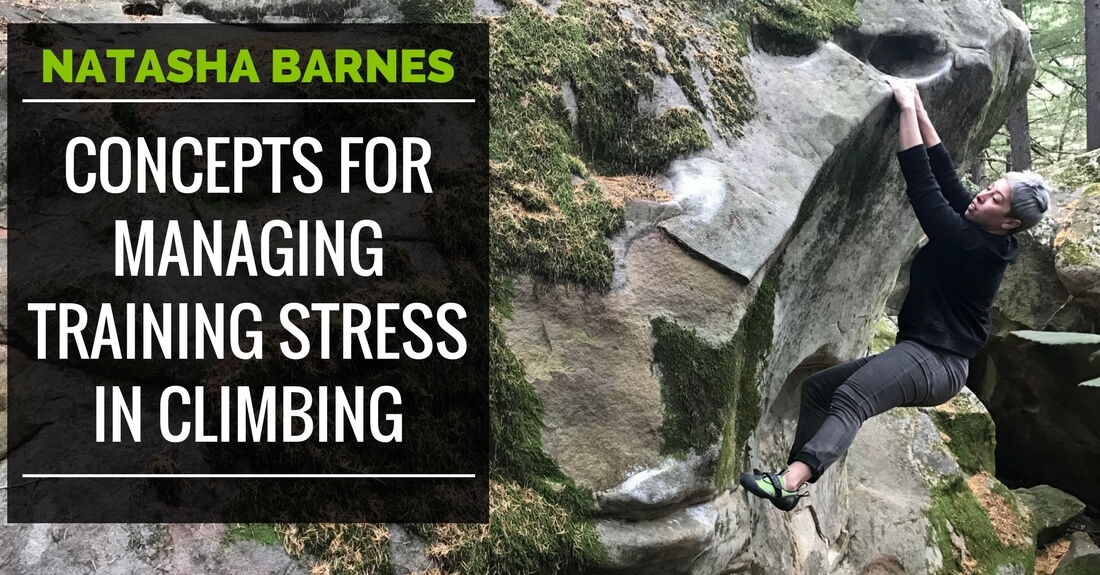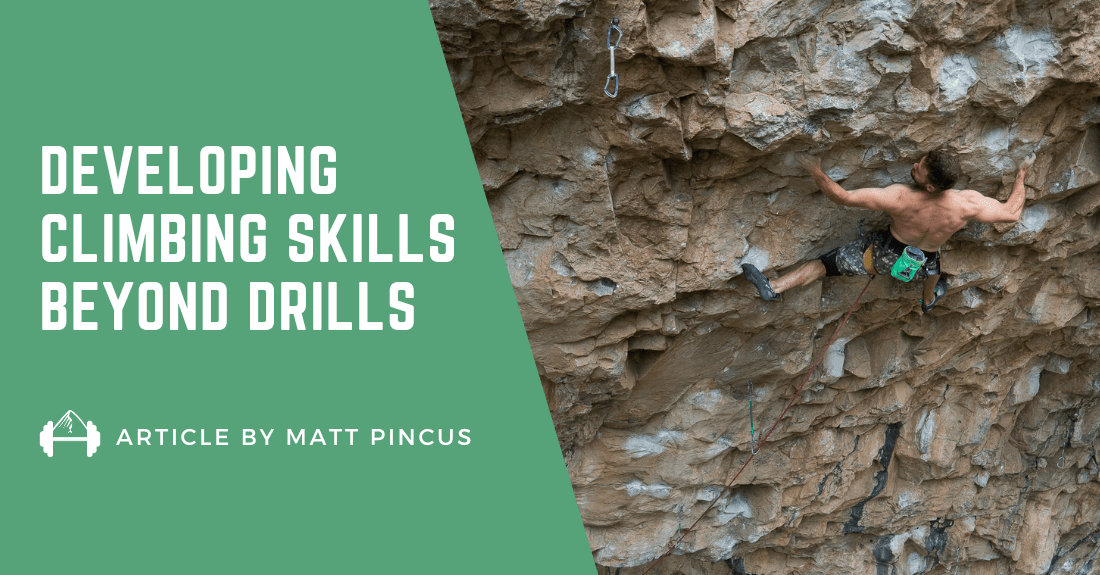At this point, we should all know that improving at climbing requires us to train hard, but also give ourselves enough time to recover from the stress of that training. Chiropractor and sports injury rehabilitation specialist Natasha Barnes recently wrote an article going into more detail about these concepts of the stress/recovery/adaption cycle. If you are not familiar with these concepts, this first article is the place to start.
However, while knowing that managing training stress is important, it’s only the first step. Ultimately, achieving it is more difficult and can only be done through a training program. Unfortunately, effectively managing training stress isn’t as simple as just following a training plan. Training plans need to be the right plan for you as an athlete.
To help you understand what training plan will best manage training stress for you, here’s another article from Natasha Barnes. This one is all about how we can learn to better manage training stress when training for climbing.
“The idea of an athlete being a novice, intermediate or advanced has nothing to do with climbing experience or strength levels but everything to do with their ability to recover from stress. The ability to produce stress and recover from stress changes as an athletes training progresses. This is a concept adopted from the book “Practical Programming for Strength Training” by Mark Rippetoe and Andy Baker.” – Natasha Barnes
Concepts for Managing Training Stress in Climbing
Natasha’s main argument is that plans need to be individual to athletes. She argues, the reason for this is so that they can account for the athlete’s relative level: novice, intermediate, advanced.
Now, Natasha does make an important distinction about these levels. As she points out, they have nothing to do with climbing ability or strength. Instead, they only refer to an athletes capacity for managing training stress.
This is an important distinction because it means training plans can’t just be based on how strong a climber is. Instead, they need to account for how well and how quickly climbers can recover from training.
The main message here is that climbers and coaches alike need to consider recovery time when planning training. Natasha finishes her article with some suggestions about how we can all do this more effectively. Click through below to read all about it!
Full Article: Natasha Barnes – Concepts for Managing Training Stress in Climbing (link no longer in service)
(photo courtesy of natashabarnesrehab.com)
Other Articles You Might Like:
- Natasha Barnes: Stress/Recovery/Adaptation Cycle and Climbing
- TBP 078 :: Natasha Barnes Tells Us The 4 Best Lifts for Climbers
- Progressing Endurance Training
- Transcript Highlight: Steve Bechtel on Periodization






Leave A Comment